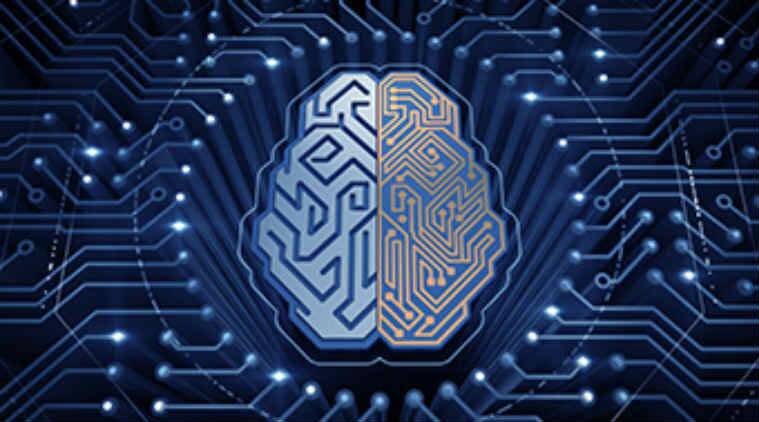How to Bootstrap an AI Startup by Michael Koch
When you take venture capital money, investors will shape...

December 21, 2021
There is a lot of conversation happening around big data, artificial intelligence, machine learning, and data analytics as of late. Yet, how these cognitive systems can help your business is still unclear to many senior executives. Cognitive Computing is based on self-learning systems that use machine learning techniques to perform specific, human-like tasks in an intelligent way. Sounds great, right?
We have all heard the many buzz words and trendy terms surrounding tech, but here are the features that really make a great cognitive system:
In my opinion, there are certain elements that make a system cognitive. In order to implement cognitive computing in enterprise applications that will have a beneficial business impact, a cognitive computing system must have the following features:
The system must reflect the ability to adapt, much like a brain does, in all aspects. It needs to be dynamic in data gathering and in understanding goals and requirements.
The cognitive system must be able to interact easily with users so that users can define their needs. Similarly, it must also interact with other processors, devices, and Cloud services.
A strong cognitive system needs a precise application of data quality and validation methodologies to ensure that the system is always provided with enough information and that the data sources it operates on are delivering reliable and up-to-date information.
The system must have the ability to understand, identify, and extract contextual elements such as meaning, syntax, time, location, appropriate domain, regulations, user’s profile, process, task, and goal. And it must draw on multiple sources of information, including both structured and unstructured digital information.
Our good friend IBM CEO, Ginni Rometty, explains cognitive systems as “systems that learn at scale, reasons with purpose, and interact with humans naturally.” According to IBM, while Cognitive Computing shares many attributes with the field of artificial intelligence, it differentiates itself via the complex interplay of disparate components, each of which comprises their own individual mature disciplines. The sheer volume of data being generated by the world is creating a form of cognitive overload for professionals and consumers alike and these systems excel at harnessing and making that data useful.
So Net, Net: The future of AI will be cognitive systems, which will help to make the best use of the vast world of structured and unstructured data. To be able to reason, understand contextual elements, validate, interact, and adapt like a real human brain will take big data to the next level and provide valuable insights for your business. As tech accelerates, the smartest companies will be the best companies applying Cognitive Computing. Make sure your organization is not left behind.
When you take venture capital money, investors will shape...
The founder of an AI platform says he eats the same meal...
What If You Could Turn Your Brain Into a Super...
Entrepreneurship is one of the most demanding...